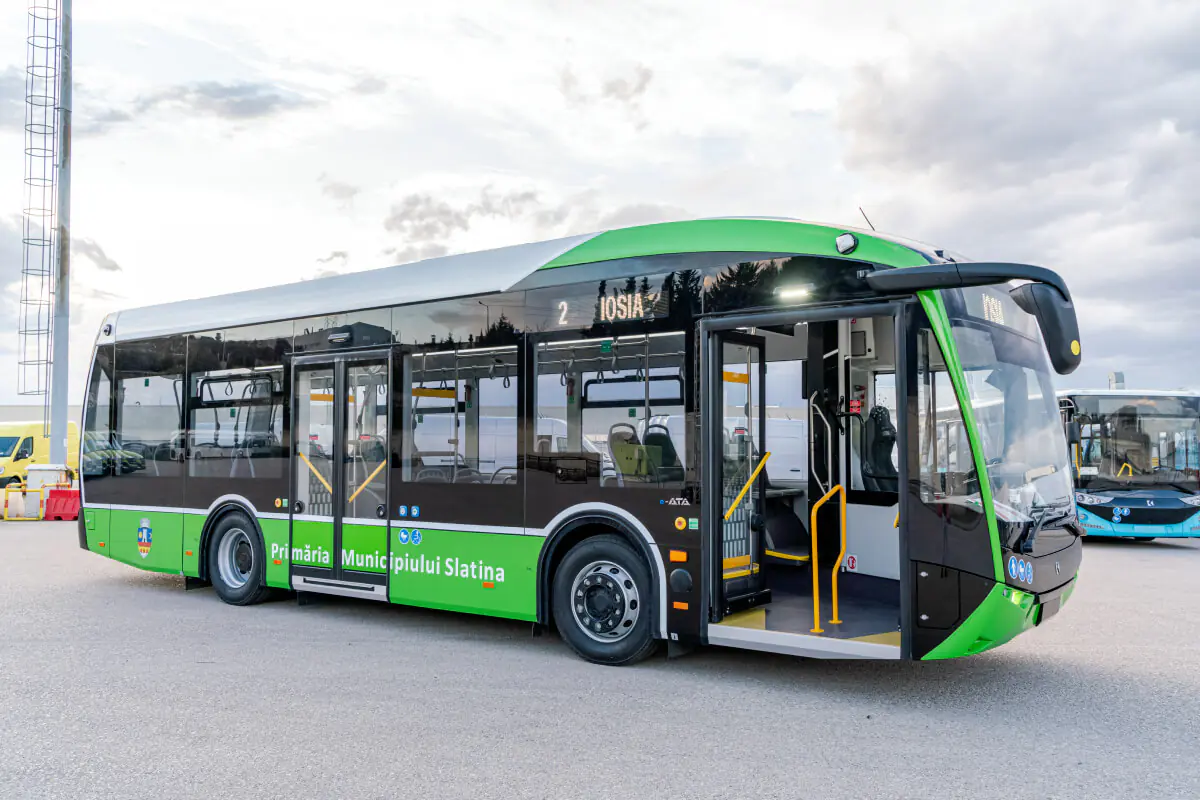Bermuda is leading the way in sustainable public transit with its electric bus initiative, showing that electrification is achievable and affordable for island nations. A new report issued today by RMI, Energizing Public Transit for Islands: Lessons from Bermuda’s Electric Bus Initiative, highlights how Bermuda’s approach offers practical insights for other Caribbean nations interested in developing greener, cleaner, more affordable public transportation systems.
Bermuda’s progress demonstrates that electrification doesn’t have to come with prohibitive costs. Instead, its approach focuses on solutions that are affordable, scalable for small geographies, and flexible in design—qualities that resonate with the unique needs of island nations. While every jurisdiction faces unique challenges and a unique set of transportation stakeholders and models, the Bermuda model illustrates a way forward.
The report from RMI underscores three key takeaways from Bermuda’s initiative:
1. Affordability: Bermuda’s investment in electrification shows that with careful budgeting and strategic planning, electric buses are feasible even on smaller budgets, allowing island nations to adopt cleaner transit without major financial strain.
2. Suitability for Small Geographies: Bermuda’s model offers a practical roadmap for countries with smaller, more compact geographies, proving that electrification is scalable to the specific needs of smaller populations and infrastructure.
3. Future Flexibility: While Bermuda’s initiative is based on a publicly owned transit fleet, electrification efforts can be tailored to various ownership models across the Caribbean, suited to each nation’s unique circumstances. The report presents solutions to electrification barriers commonly faced across island geographies, providing guidelines to support other nations in their electric transitions.
As Bermuda celebrates this milestone, the Government of Bermuda and RMI invite fellow CARICOM countries to explore this new report and consider adopting strategies that align with their specific goals and constraints. With each step, the region strengthens its collective path toward a cleaner, resilient, more affordable and more sustainable future.



